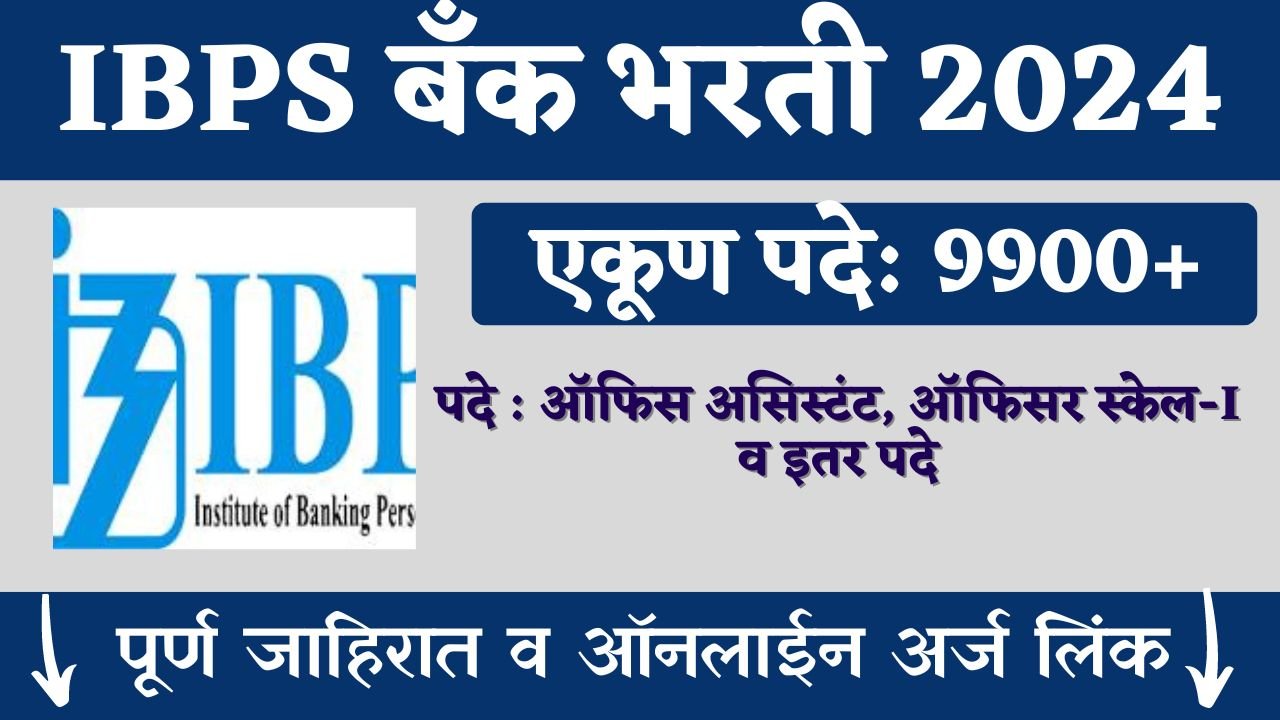The Importance of Regular Breaks
Introduction
Preparing for exams can be an intense and stressful period for students. Many believe that studying for long hours without breaks is the best way to ensure success. However, research shows that taking regular breaks is essential for maintaining productivity, enhancing memory retention, and reducing stress. In this article, we will explore the importance of regular breaks during exam preparation and provide practical tips on how to incorporate them into your study routine.
Why Regular Breaks Matter During Exam Prep
H2: Enhances Focus and Concentration
Continuous studying can lead to mental fatigue, reducing your ability to concentrate. Taking regular breaks helps to refresh your mind, improving focus and concentration when you return to your studies. This ensures that the time you spend studying is productive and efficient.
Improves Memory Retention
Breaks play a crucial role in the process of memory consolidation. When you take a break, your brain has the opportunity to process and store the information you have just learned. This leads to better retention and recall of the material during exams.
Reduces Stress and Prevents Burnout
Long study sessions without breaks can increase stress levels and lead to burnout. Regular breaks help to reduce stress by giving your mind and body time to relax and rejuvenate. This not only improves your mental health but also enhances your overall well-being.
Boosts Creativity and Problem-Solving Skills
Stepping away from your study materials allows your brain to rest and can stimulate creative thinking. Breaks give your mind the space to come up with new ideas and solutions to problems, which is particularly beneficial for subjects that require critical thinking.
Improves Physical Health
Sitting for long periods can negatively impact your physical health. Taking regular breaks to move around and stretch helps to prevent issues such as back pain, eye strain, and general discomfort. This promotes a healthier study routine and improves your overall physical well-being.
How to Effectively Incorporate Breaks into Your Study Routine
Follow the Pomodoro Technique
The Pomodoro Technique is a time management method that involves studying for 25 minutes followed by a 5-minute break. After four cycles, take a longer break of 15-30 minutes. This technique helps maintain focus and ensures you take regular, structured breaks.
Schedule Your Breaks
Plan your study sessions and include scheduled breaks. This helps to create a balanced routine and ensures you don’t skip breaks. Use alarms or timers to remind you when it’s time to take a break and when to resume studying.
Engage in Relaxing Activities
During your breaks, engage in activities that help you relax and recharge. This could include going for a walk, practicing deep breathing exercises, listening to music, or meditating. Choose activities that help you unwind and reduce stress.
Stay Hydrated and Nourished
Use your breaks to drink water and have healthy snacks. Staying hydrated and nourished is essential for maintaining energy levels and concentration. Avoid excessive caffeine and sugary snacks, as they can lead to energy crashes.
Socialize and Connect
Taking breaks to socialize with friends or family can provide a much-needed mental break. It helps to lift your spirits and provides emotional support. However, ensure that your socializing doesn’t lead to long distractions.
Common Mistakes to Avoid
Skipping Breaks
One of the most common mistakes is skipping breaks, thinking that continuous study is more effective. This can lead to burnout and decreased productivity. Stick to your scheduled breaks to maintain a balanced routine.
Engaging in Distracting Activities
While breaks are essential, it’s important to avoid activities that can lead to long distractions, such as browsing social media or watching TV. Choose activities that are relaxing but won’t cause you to lose track of time.
Not Having a Plan
Without a clear study plan that includes breaks, it’s easy to lose focus and waste time. Create a structured plan that outlines your study sessions and break times to ensure you stay on track.
Taking Too Long or Too Short Breaks
Finding the right balance is key. Breaks that are too short may not provide enough rest, while breaks that are too long can disrupt your study flow. Stick to the recommended break times for optimal results.
Frequently Asked Questions
1. How often should I take breaks while studying?
It’s recommended to take a short break every 25-30 minutes of studying. After four study sessions, take a longer break of 15-30 minutes. This helps to maintain focus and prevent burnout.
2. What activities should I do during my breaks?
Engage in relaxing activities that help you unwind and recharge. This can include walking, stretching, deep breathing exercises, listening to music, or having a healthy snack.
3. Can taking breaks really improve my exam performance?
Yes, taking regular breaks can enhance memory retention, improve focus, reduce stress, and boost overall productivity. This leads to better exam performance and a healthier study routine.
4. What if I feel guilty about taking breaks?
It’s common to feel guilty, but it’s important to remember that breaks are essential for maintaining productivity and mental health. Consider breaks as part of your study plan and an investment in your overall success.
5. How can I avoid getting distracted during my breaks?
Choose activities that are relaxing but not too engaging, such as light exercise, meditation, or having a snack. Avoid activities like browsing social media or watching TV, which can lead to long distractions.
Conclusion
Incorporating regular breaks into your exam preparation is essential for maintaining productivity, enhancing memory retention, and reducing stress. By following techniques like the Pomodoro Technique, scheduling breaks, and engaging in relaxing activities, you can create a balanced and effective study routine. Remember, taking breaks is not a sign of laziness but a crucial part of a successful study strategy. Embrace the power of regular breaks and watch your exam performance improve while keeping your mental and physical health in check.
By understanding the importance of breaks and implementing these tips, you can transform your study sessions and achieve better results in your exams. Make breaks a priority in your study routine and enjoy the benefits they bring to your learning process and overall well-being.















